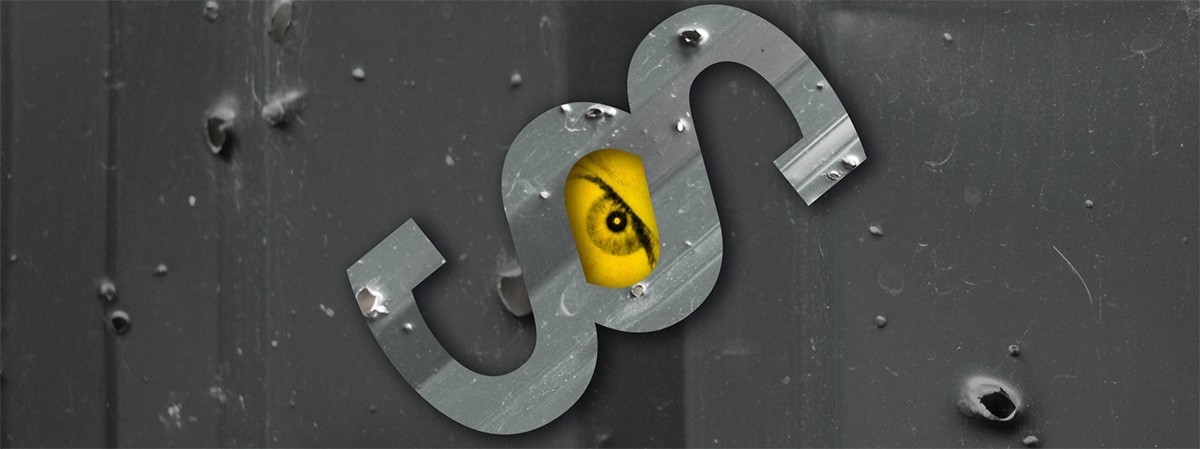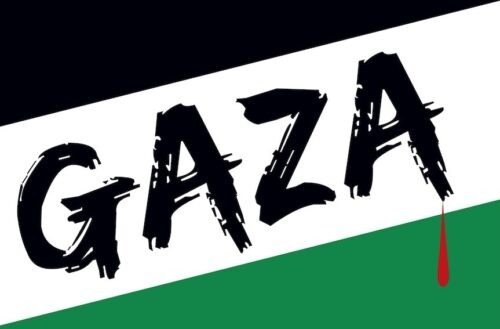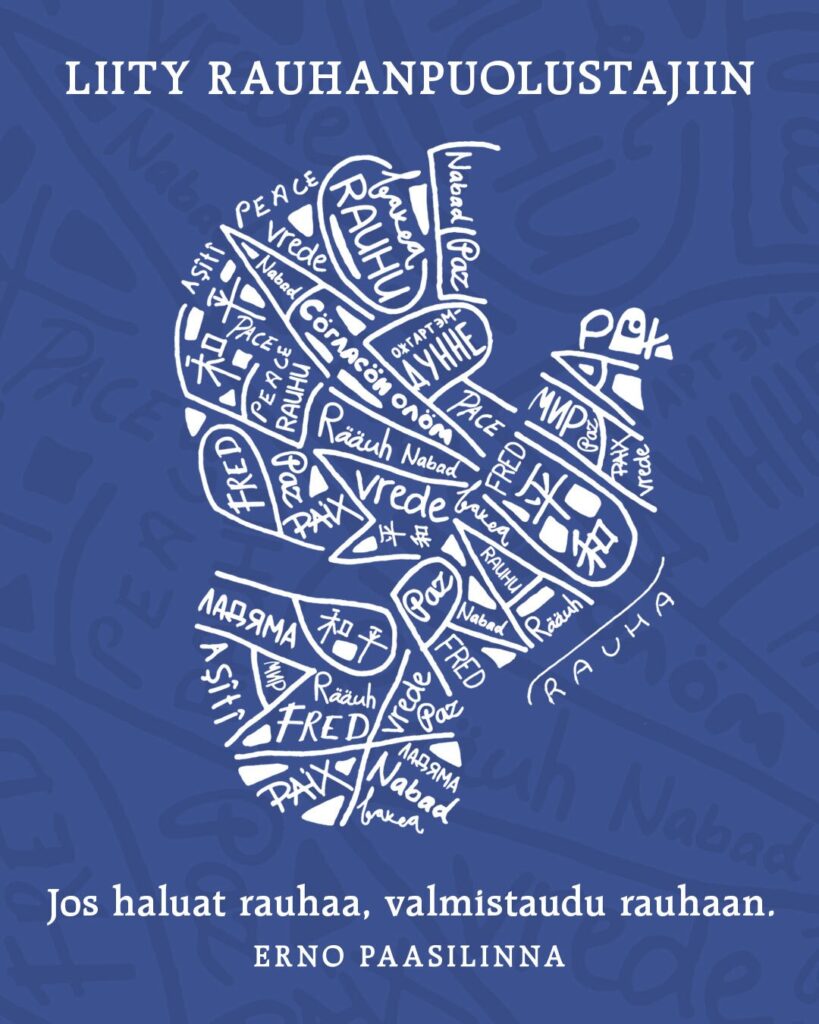Ukrainian Marker group has released their thematic report on far-right violence in Ukraine in 2020. The report “Far-Right Confrontation and Violence” tells of the increase in street violence by far-right groups affiliated with the Ukrainian power structures.
Marker is a website created by the Far-Right Violence Monitoring Group established in October 2018. The group states that they have been collecting and systematizing data on right-wing violence in Ukraine. Their goal is to analyze the activities of xenophobic, anti-democratic and violent organizations and right-spectrum initiatives that commit hate crimes and attacks, and resort to pressure on political opponents, minorities and vulnerable groups.
The report on cases registered in 2020 are available in Ukrainian and English.
On February 15 the Marker group released the report via the Zoom presentation. They also invited two guest speakers to supplement the data and conclusions they came to.
The two invited speakers were human rights campaigner Olena Shevchenko and a journalist with Zaborona online media outlet Yuliana Skribitskaya.
The report Marker group compiled on the violence by far-right groups in Ukraine in 2020 was presented by Oksana Dutchak, a sociologist.
The report “Far-Right Confrontation and Violence” draws the following major conclusions. The report identifies three major trends.
Covid-19 quarantine limitations didn’t reduce the level of general political activity, the report concludes. The Marker stresses that in 2020 Ukraine faced an increase in the amount of far-right confrontation and violence. Violence by far-right groups increased in 2020 with 118 incidents against 100 cases in 2019. Most accidents occurred in Kiev, Odessa, Kharkov and Kherson. The actors remain mostly the same groups affiliated with the Interior ministry, mostly made of former veterans of military units.
2020 proved that the far-right groups in Ukraine are trying to keep control over streets. The authors of the report state that this is a clear case of systemic violence against the political opponents openly declared by the far-rights themselves (they call it “safari”). On the other hand, this is an attempt to seize the public space and oust subcultural groups from it. The third tendency of 2020 is that far-rights consistently disrupted public events organized by left-wing, LGBT+, and feminist-initiatives, both in real life and online.
The report stresses that in most cases both the groups and individuals involved into violent acts are either identified or identifiable (58 cases). However, law-enforcement agencies remained as hesitant to open criminal cases as before. Sergey Movchan, a Marker group representative, commented on that via Facebook messenger, ”There have been cases when criminal cases were initiated. But even if it happens, they are dragged in time and closed down without any consequences for assailants. There have also been cases when culprits got suspended sentences. In any case, criminal proceedings against far-rights can be dragged in time for years”.
Olena Shevchenko speaking on cases of violence against LGBT+ noted that the number of physical assaults at members of these groups was lower in 2020 in comparison with 2019. She also pointed out that the change was due to shift of attention from LGBT+ towards politicians and political activists who are perceived by far-rights as enemies of Ukraine. She also stresses that to withstand their violence, it is necessary to speak about all targeted groups in the same context.
The online presentation of the report also dealt with an issue of the Ukrainian media silencing most of the far-right violence.
All the other cases are silenced because they are seen a lot more sensitive (left-wing, LGBT, alleged justification of separatism) or “many journalists do not write on them because covering them would justify criticism from Russia or pro-Russian sources”. Sergey Movchan comments on this tendency, ”Media raises the most outrageous cases of attacks but often in the light negative for the victims of such attacks. They hardly balance between the coverage of the event and blaming the victim for it. Media in Ukraine avoids discussing the level of the problem or its systemic character”.
Olena Shevchenko shared her own experience of being physically attacked. By her words, the law-enforcement have closed the inquiry into the assault on her three times. She tells that they tried to keep the address of their office in Kiev out of public reach but recently it was leaked to the far-right. Almost immediately a window pane was smashed in the office. The far-right social media channels are again filled with calls to “do with them”. Police does not even agree to arrive to the site of the hate crimes against them saying “you are not under attack right now”, Olena tells. The activist also points out that even if a crime is registered by the police, it is marked as “petty hooliganism” without any reference to the background of a hate accident. It allows the police to claim that they do not have a problem with crimes against LGBT people. “As they are not registered, they do not exist,” Olena sighs.
Olena Shevchenko also claims that police often refuses to react to online threats in the form of “promises to come and sort things out”, despite full personal information on potential victims being leaked, including phone numbers, addresses and home and work places.
Far-right groups are engaged in “street patrols” when they get in groups from 15 to 20 people and start roaming streets trying to identify youths which “look different,” Olena Shevchenko states. Their victims are mostly teenagers with their hair dyed or having badges referring to their views. These people are often approached by far-right patrolling groups with the demand, “Nation-Orientation”. Police does not react to such accidents or illegal character of such “patrols”.
Journalist Yuliana Skribitskaya, Zaborona online media, stated that media silences the growing influence of far-right inside Ukraine for various reasons. The most common among them are the following:
1. some do not grasp the actual danger of the phenomenon,
2. some see any attempt to reveal these facts as “serving Russia’s interests” although in the last two years it is mainstream European or USA media outlets rather than Russia-based which state the danger of Ukrainian far-right groups.
3. deliberate downplaying of these trends because they are seen as a “lesser evil”: “once they declare their main target to be Russia, it is not our problem”.
4. as many members of these groups are people with the war background, some feel that “it is better not to tarnish the record of the defenders of Ukrainian interests”.
Skribitskaya states that these groups definitely impose immense political influence inside Ukraine. She disavows the widespread persuasions that “these groups are marginal” as they allegedly are not represented in mainstream politics as groundless, “They are definitely major players. By violent acts in streets which are hardly ever punished they influence all layers of Ukrainian politics. Besides, the majority of their leaders are integrated into the governmental structures, including ministries”.
Besides, in her opinion, the fact that far-right control the streets is even more dangerous as it legitimizes politically motivated street violence. She tells, “What would happen when the opponents of the far-right start to resort to the same methods?”
Sergey Movchan adds to that, “Azov regiment is the structural unit within the National Guard of Ukraine which is a military unit under the command of the Interior Ministry. At that, currently, there have practically no violence by Azov as such who are busy with military training. Azov is formally trying to distance themselves from the National Corps. However, in reality it is ex-Azov servicemen who are now members of the National Corps that are often involved in violent cases being part of the broader Azov movement”.
As for Mirotvorets database, the European Parliament called upon the Ukrainian authorities to ban it. All the speakers at the event share the point of the database illegality. However, they doubt that the database will easily cease to exist because of the Interior ministry being behind it. “If the attempt to close it down failed when they ran lists of world journalists, it would survive the EP recommendation to ban it”. Oksana Dutchak points out that currently it is seen as more marginal as “whoever can be added there, including people with absolutely pro-Ukrainian views if they criticize Zelensky”.









